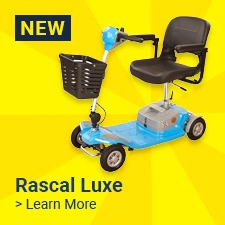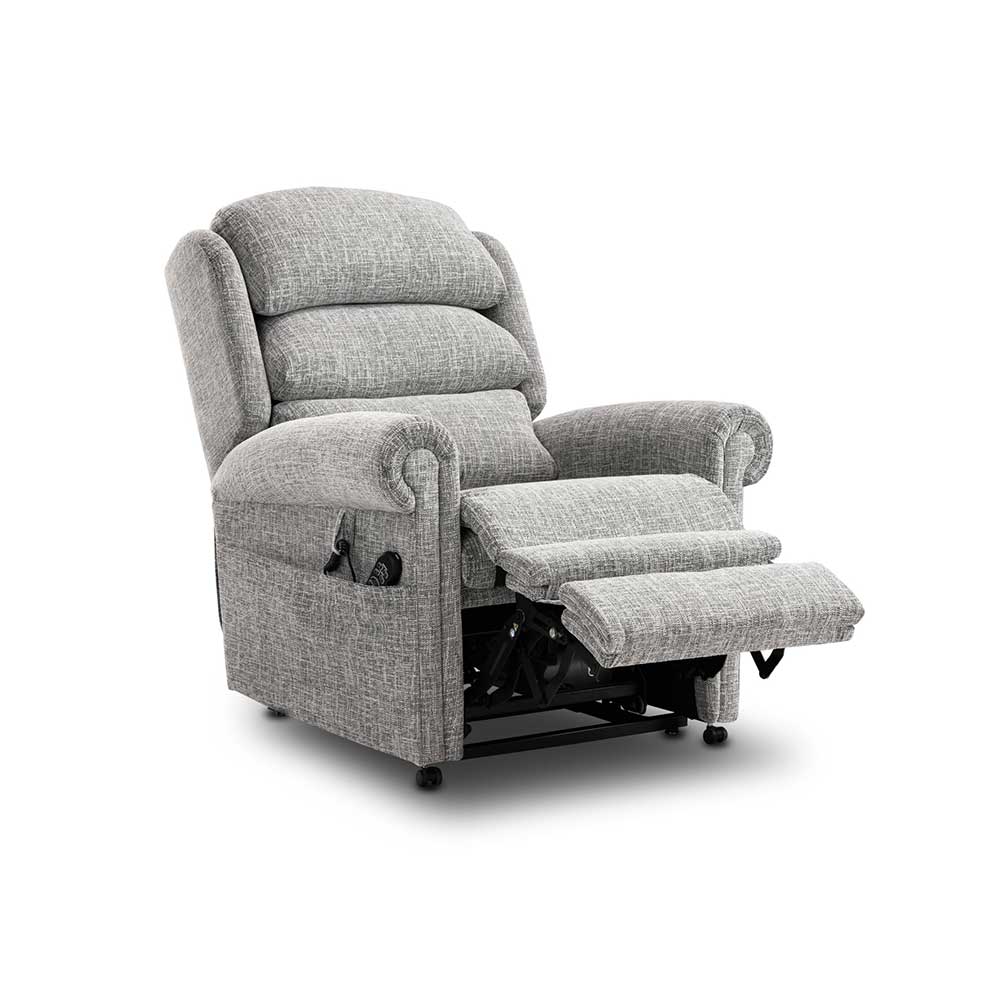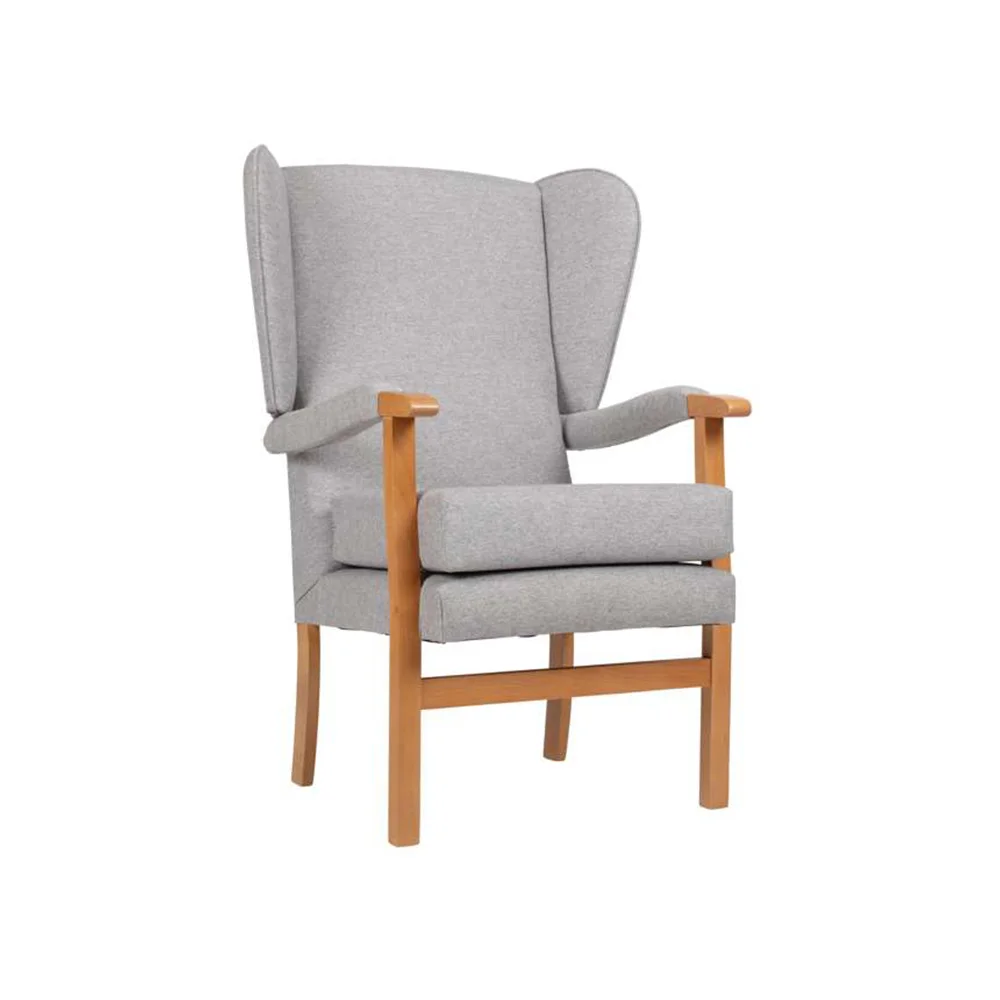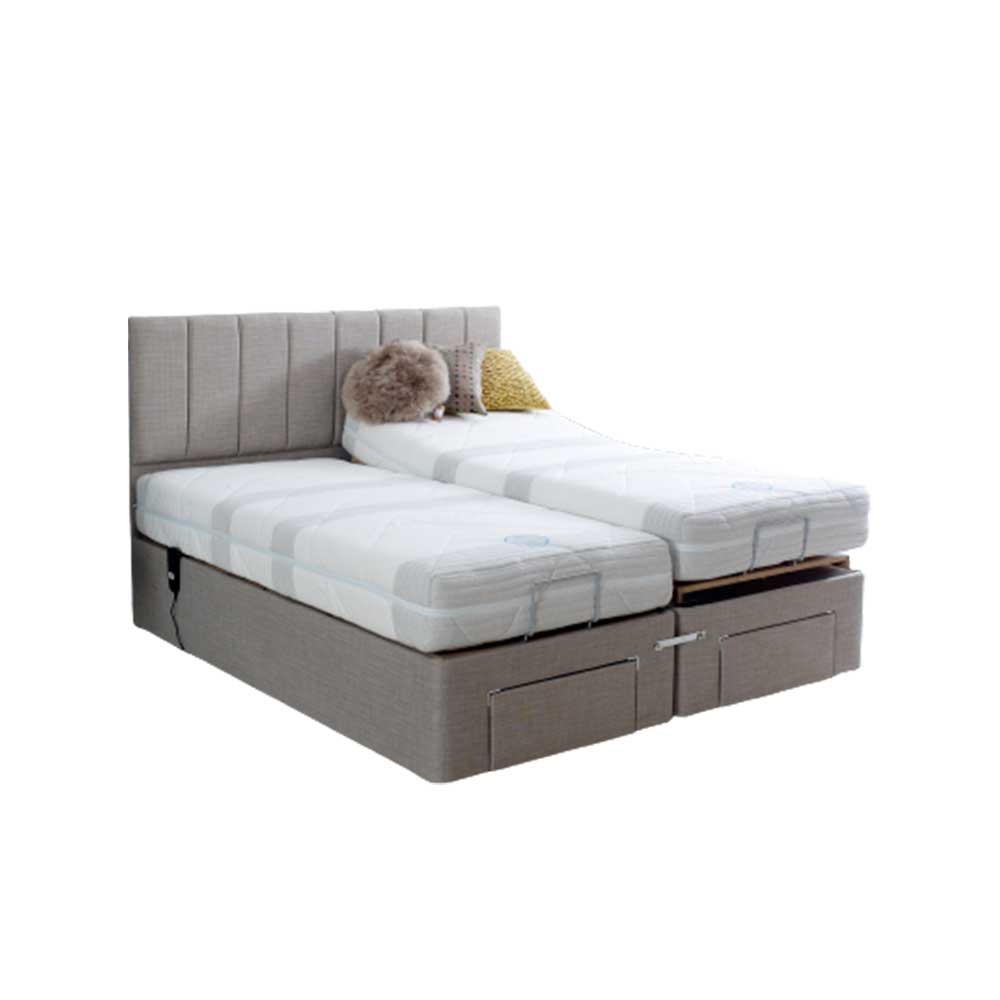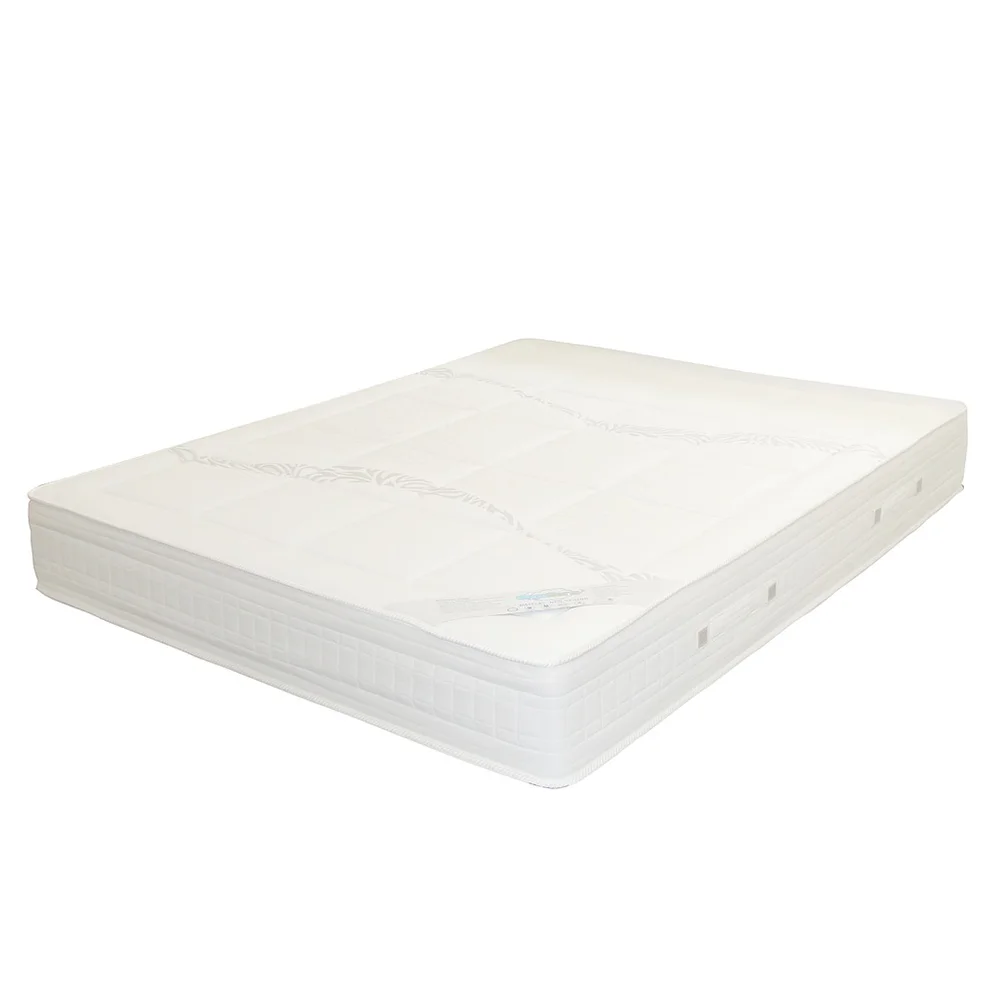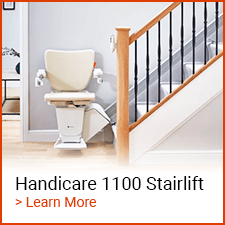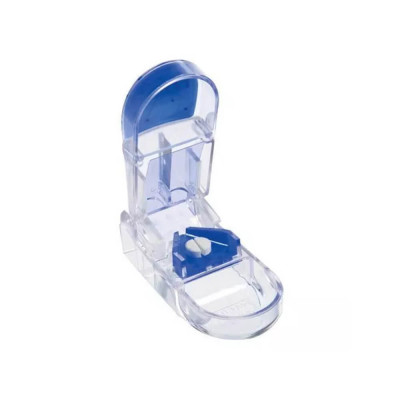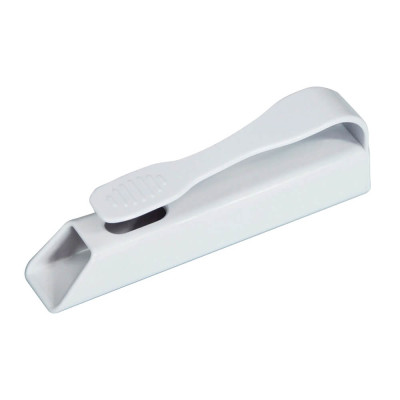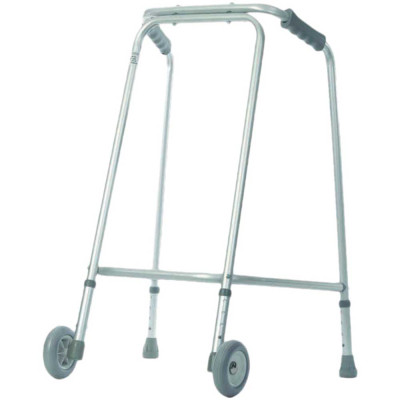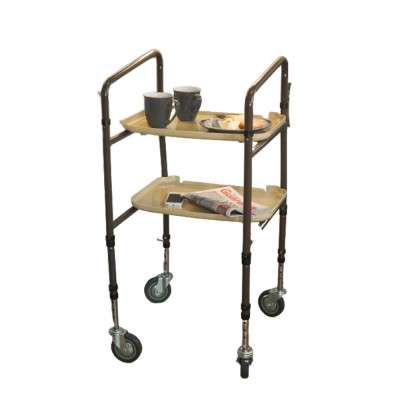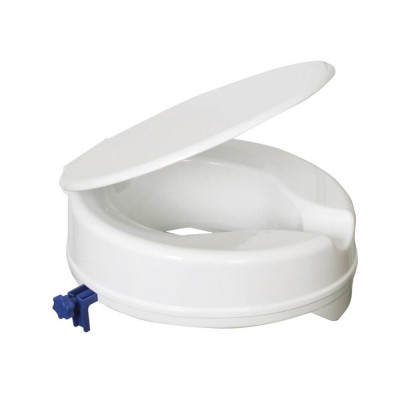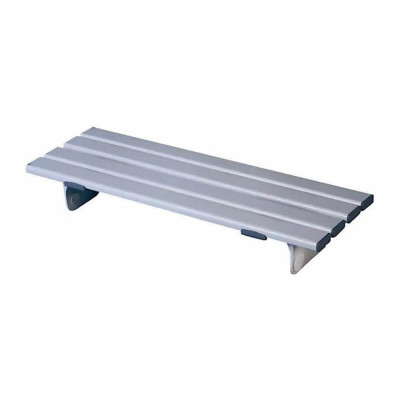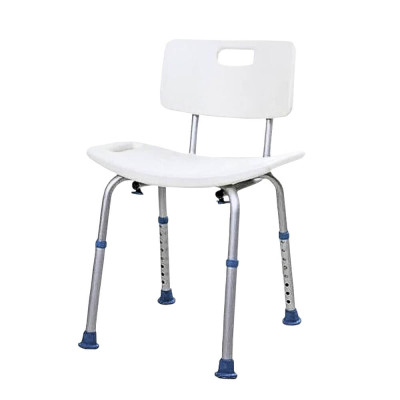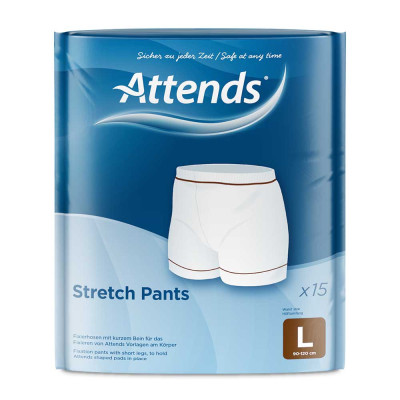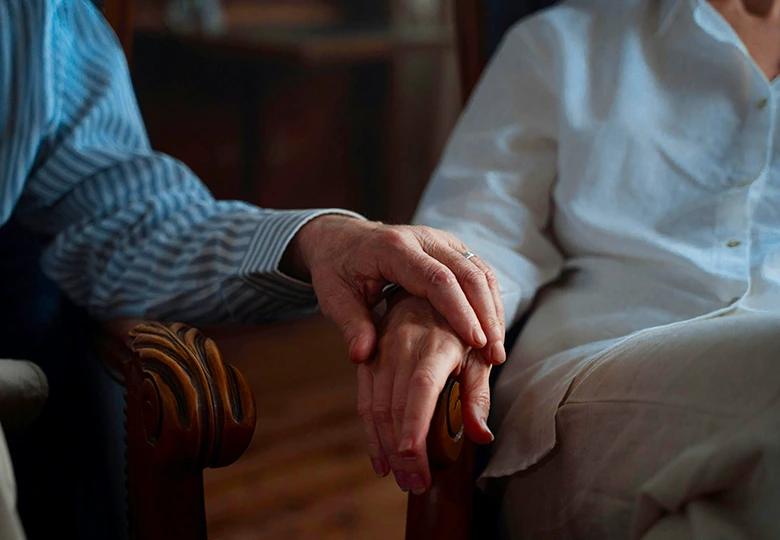
Improving Everyday Life
As of 2024, the MS Society estimates that over 150,000 people in the UK have MS (Multiple Sclerosis), while Parkinson’s UK similarly reports approximately 153,000 UK people currently live with the illness.
Although MS is a chronic autoimmune disease and Parkinson’s is a neurological condition, both directly impact the brain and it’s function in similar ways and share many of the same symptoms:
- Reduced grip
- Muscle weakness
- Shakes
- Loss of balance
If you or someone you love is facing a future with MS or Parkinson’s, there are plenty of adaptations you can consider to make everyday life easier living with either illness. Because they have such similar symptoms, we’ve rounded up the best living aids available for those with Parkinson’s and MS.
Kitchen Aids
With a reduced grip and hand shakes, navigating meals can become a frustrating task.

Plate Guards
Plate guards give a firm edge to push cutlery against, so getting food on your fork or spoon is made simple and eating can be a one-handed task. They also stop food from spilling off the plate.
Cutlery
Specialised cutlery can be purchased with widened handles for those struggling with their grip and overall dexterity.
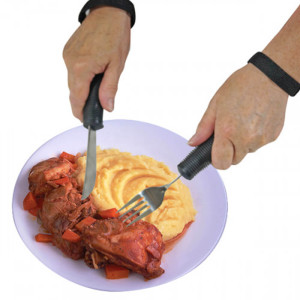
Mugs and Cups
Two handed mugs and cups with lids or spouts make drinking safer and cleaner, helping users avoid accidentally spilling on themselves.
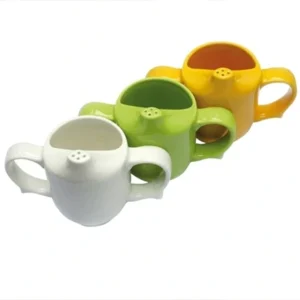
Grab Rails and Handles
Grab rails and handles can help maintain balance when needed, and can even be a lifeline in helping people avoid falls, especially those experiencing muscle weakness.
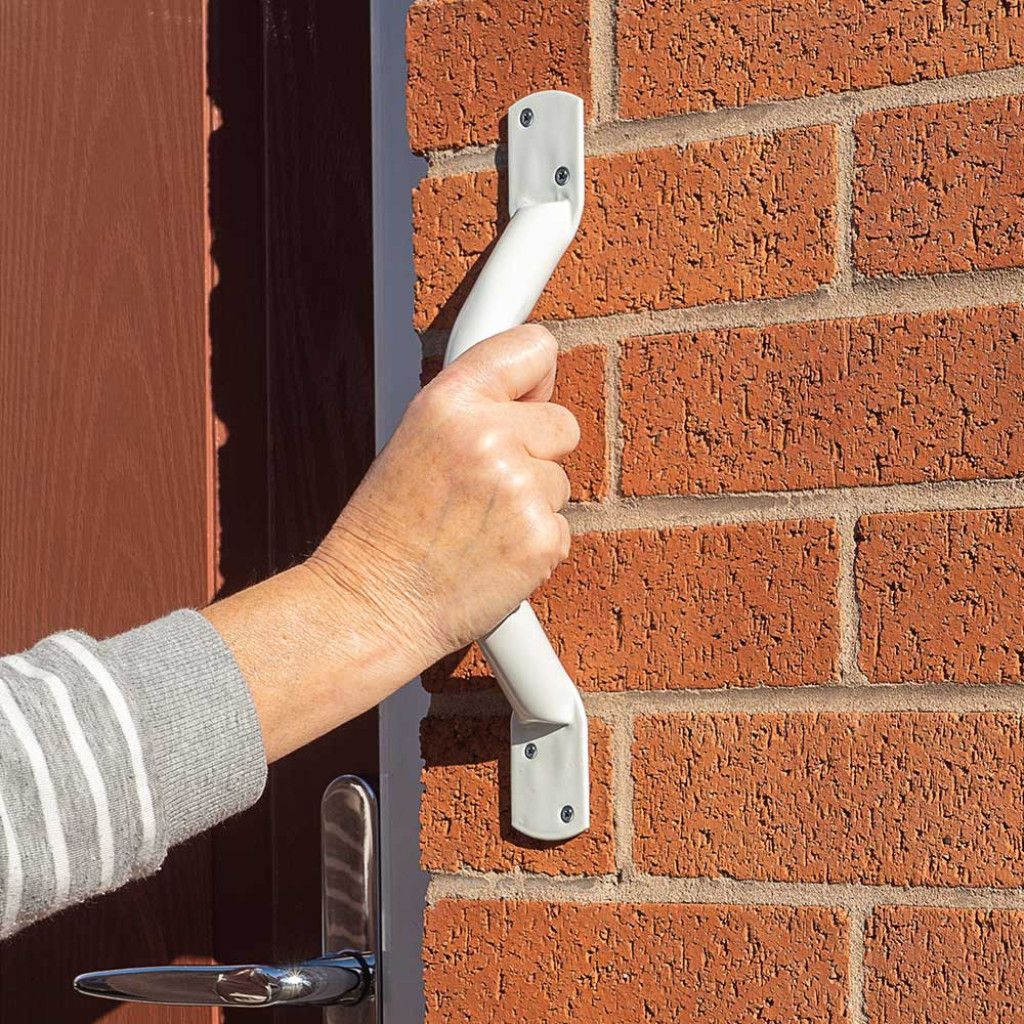
Grab rails and handles are an easy but incredibly helpful living aid that can be added anywhere in the home. When it comes to deciding where to place them, look around to see where there are steps and doorways in and out of the house.
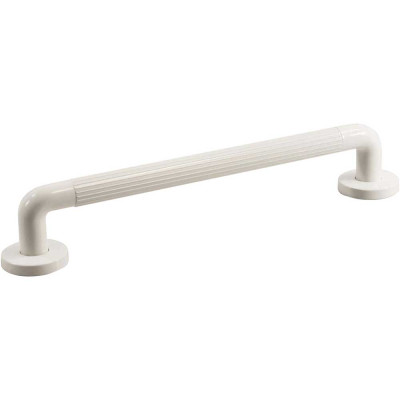
They can also be useful when fixed beside areas where a user may be seated and need extra help getting up, such as in the bathroom.
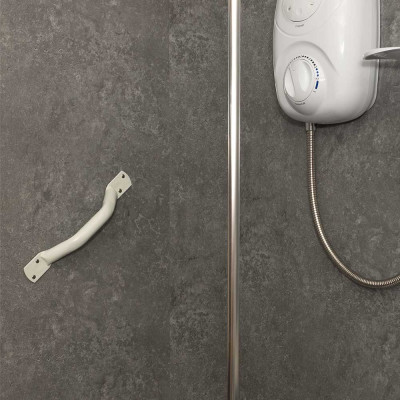
Medication Aids
While declining grip strength means you may struggle with organisational medication aids like a pill organiser, there are still ways to make managing medication easier.

A pill splitter could be a simple way to make taking medication better with minimal fuss. Whether you need to control a dose or make the pills safer to swallow, this tool requires minimal grip
Pill punchers similarly can make the act of getting tablets out of their foil blister packaging less of a hassle.
Home Walking Aids and Frames
Manoeuvre around your home with a greater sense of confidence and stability with a walking aid or frame. They can be used to help reduce risk of falling, make transporting items from one room to another easier, or just give you the peace of mind to know you have something to support you as you walk.
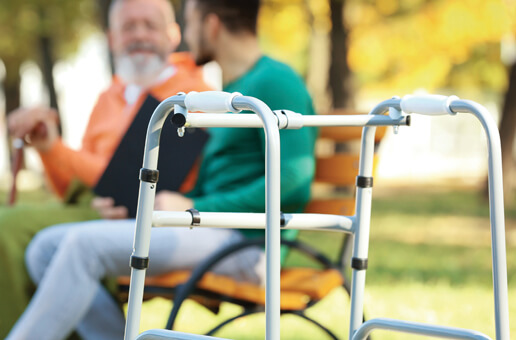
A traditional walking frame can provide extra balance to those unsteady on their feet, and are available with or without front wheels. Which version will best suit you will depend on your individual needs and possibly your home layout.
With a trolley, you can transport items from one room to the next independently, allowing you to be able to rely on yourself if you want to move a meal, medications, or other items between rooms. Most trolleys come with at least two shelves, the ability to adjust the height, and brakes.
Bathroom Aids
Altering the bathroom can be one of the most daunting tasks on the list for people living with or caring for someone experiencing a life-altering condition, especially when conditions have symptoms which progressively change or become more severe. There are plenty of non-permanent and permanent bathroom adaptations to make bathroom use more straightforward.
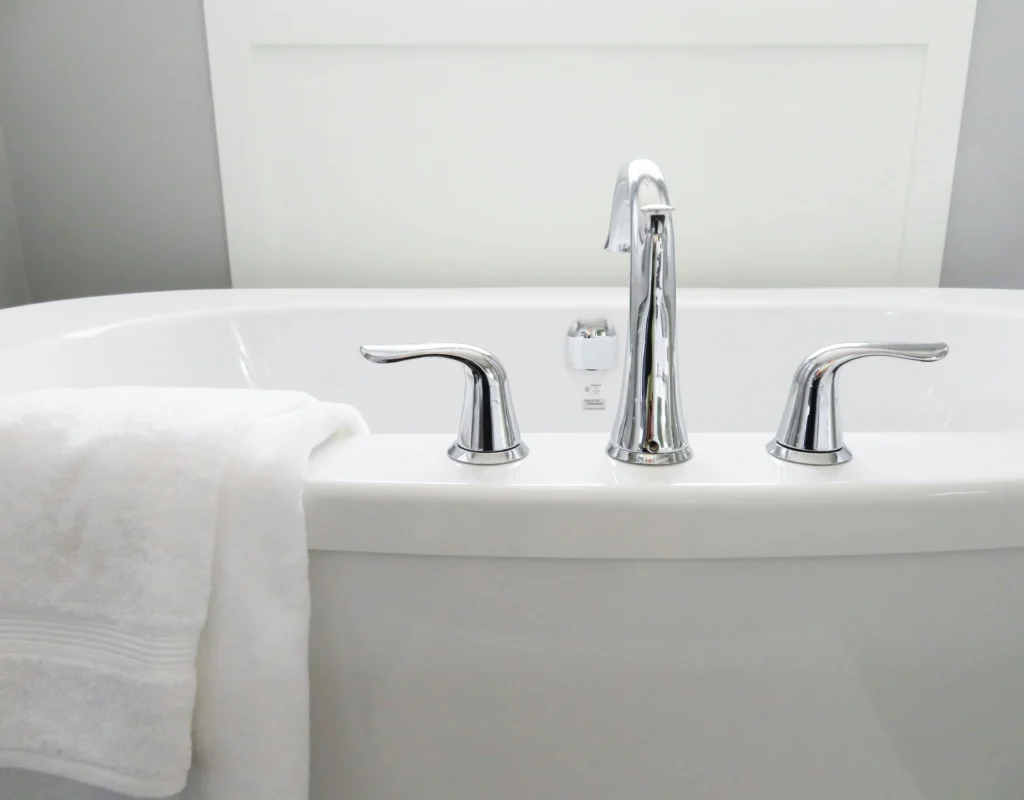
Raised Toilet Seats
A raised toilet seat makes sitting down and standing up less of a strain to the back and knees, reducing the risk of falls or being stuck seated. When installed alongside an arm support or freestanding toilet frame, these aids can prolong bathroom independence and restore a feeling of dignity.
Bath Boards
Bath Boards are an ideal solution for people who struggle to get in and out of the bath. They lay between the sides of the tub, creating a bench for users to sit on in order to get in and out of the bath. For those struggling with balance who only have a bath or shower bath, the bath board can be a key tool to help them keep up to date with hygiene.
Shower Stools
Shower stools similarly provide somewhere to sit when washing, and many are adjustable in height for a customisable user experience.
Incontinence Products
Incontinence does not affect everyone with Parkinson’s or MS, but it is an eventuality for many, and is nothing to feel ashamed about.
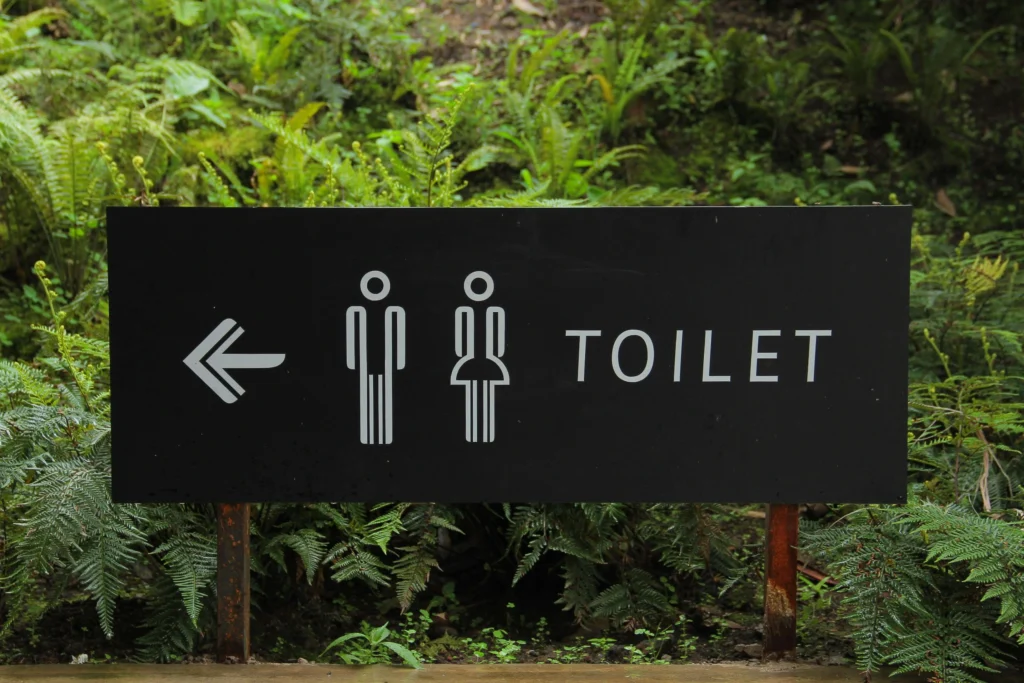
There are dozens of different types of incontinence products available, ranging in style, fit, and absorption level, so that nobody has to feel overlooked when facing incontinence.
Other Ideas
Outside of daily living aids, there are other things that can be done around the home to improve day to day living with either illness. Some other ideas of what to include are:
- Extra pillows and cushions around the house to keep you propped up and comfortable .
- Stools in places like the kitchen or bathroom to perch on while still making the most of the rooms around the house.
- More/bigger side tables in rest areas, such as next to the bed or in the living room, to keep things within reach.
- Comfortable clothes that are easy to get in and out of. Avoid restrictive garments or anything with fiddly buttons, zippers, or fasteners. Comfort is key.
- The right furniture – Homeowners can spend a lifetime curating the perfect decor and furniture to reflect their tastes, but you might want to consider upgrading to a riser recliner, adjustable bed, or supportive fireside chair.
- Supports and braces can help control the shakes, muscle weakness, and grip issues that people with MS/Parkinson’s experience in a more direct way.

Don’t Know Where to Start?
We hope this blog has helped provide ideas on what is available to make daily living with Parkinson’s or MS easier, but if you’re still struggling with what mobility aids might work best for your situation, or just don’t know where to start, our friendly mobility experts can always lend a helping hand.
Feel free to talk to them in store or on the phone, and discover how we can help you take charge of creating a more accessible life.
